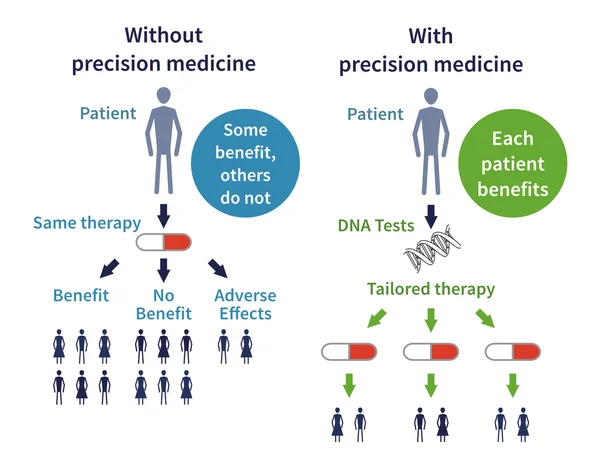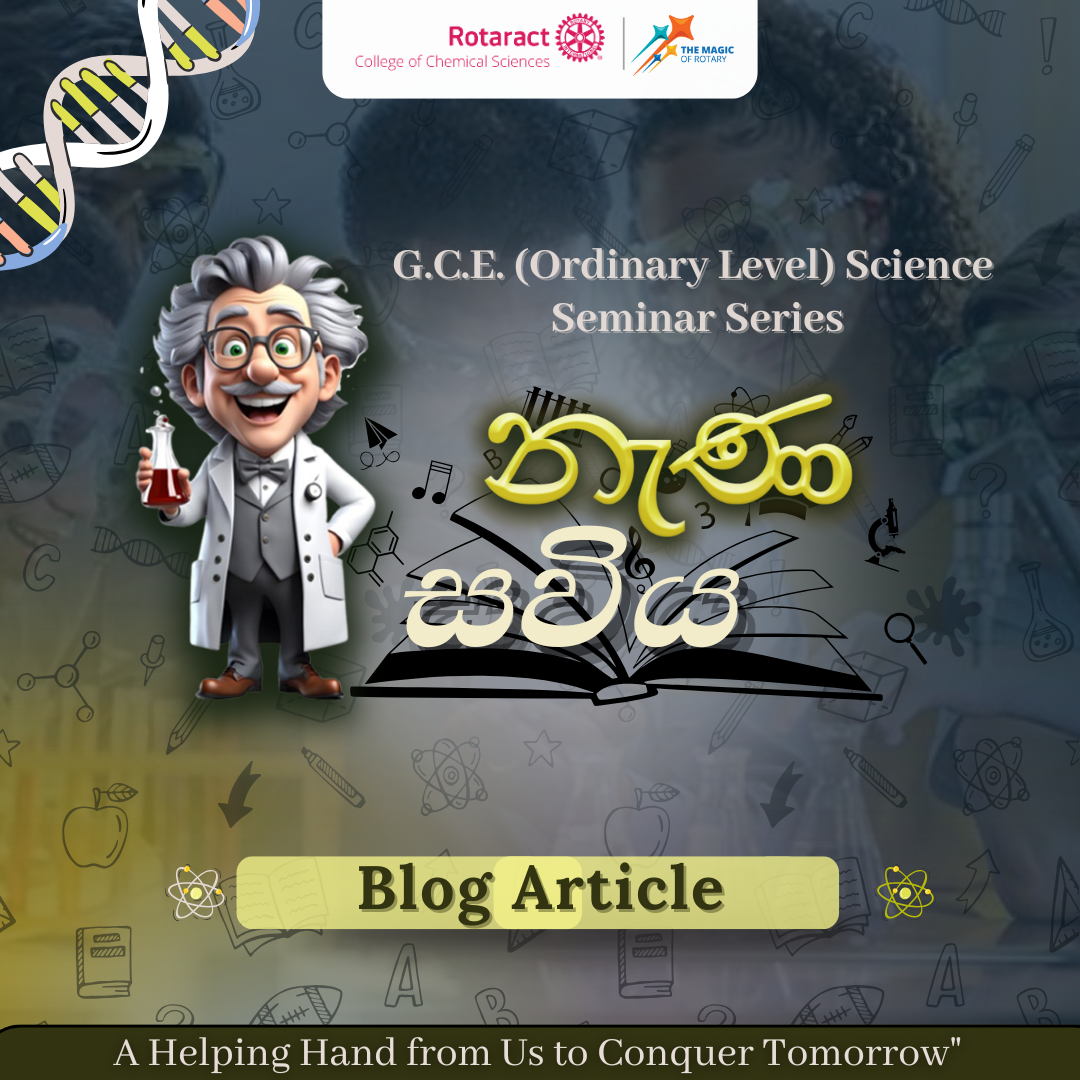FROM “ONE SIZE FITS ALL” TO “TAILOR MADE MEDICINE”- HOW YOUR DNA IS CHANGING MEDICINE!
Introduction to personalized medicine
Imagine a world where your first aid cabinet is filled with medicine that is tailormade just for you! Just like a dress designed exclusively for you, fitting all your body measurements; your medicine is also designed for you, fitting all the information in your DNA.
This isn’t science fiction!
Its modern science revolutionized through a culmination of emerging fields like medicine, genetics, medicinal chemistry, medical technology, molecular biology, pharmacogenomics and the list goes on.
Experts in the field along with researchers have now discovered a close link between an individual’s genes and the medication prescribed. The whole idea behind this is to provide a more accurate and precise treatment for a disease, with the least amount of side effects or no side effects at all.
Interesting, isn’t it?
That no drug you take has a side effect? When I say no side effect, doesn’t mean a life-threatening allergy, I mean not even an itch!
That’s the essence of personalized medicine tailored for individual genetic profiles.
How does genetics influence drug responses?
Before we dive into the science behind this discovery, let me take you through the meaning of genetic profiles. Inside each of our bodies, we have a DNA sequence that makes us up.
Although this building blocks are the same in every individual, the way it combines inside each person is different. Just like we can make an infinite number of different structures from the same Lego set!
So, this combination of DNA is known as a person’s “genetic profile”. No two people have the same and it is marvelously unique. A genetic profile makes us different from each other and it also impacts the way in which our bodies respond to drugs.
The origin of the discovery of differing responses to genetic variation dates to B.C. 510 when Pythagoras noticed it was poisonous to consume fava beans. It had a variable toxicity for some humans, and not for the others. This was later identified to be due to a genetic variation namely a deficiency in glucose-6-phosphate dehydrogenase (G6PD) enzyme, in some humans. Later, the deficiency of the same enzyme was the causative factor of many other genetic diseases that affect drug reactions.
These events encouraged research to focus on how genetic variations influence drug responses. Based on the experiments carried out, it was found that based on their genetic profile, some people metabolize (process) drugs slowly as compared to others.
This could cause accumulation of drugs in some people making the drug toxic for them, while it is perfectly safe for some others with a different genetic profile. The efficacy of a drug which is its ability to produce the desired result is also therefore dependent on a person’s genetic makeup.
Now you may understand why some of us are allergic to certain drugs while others aren’t, and why side effects of drugs are varying among a given population.
How is genetic profiling applied in medicine?
You may be wondering whether genetic profiling was invented for this cause.
NO!
Genetic profiling has a variety of applications in the field of medicine. The Human genome project was the inception of this profiling.
Currently genetic testing is used for diagnosing genetic conditions like downs syndrome, assessing the risk of developing such conditions, identifying tumor origins and much more.
Benefits of tailoring drug therapies to genetic profiles.
One of the most starkly obvious benefits of personalized medicine is its ability to provide a highly accurate antidote, reducing the disadvantages of the trial-and-error method.
These treatment plans can help prevent any dangerous reactions by generalized medicine, thereby minimizing the harmful effects of it. It’s also possible to predict the type of diseases that a person is susceptible to encounter in his or her lifetime as shown in the diagram below, regarding the chance of developing breast cancer through the presence of a specific genetic marker.
One major concern is the threat to privacy that this could impose on an individual’s life. By stealing another person’s genetic data, the right to privacy is skating on thin ice.
There could also be religious and cultural reasons of as to why some may abstain from it.
In a broader sense, it could also affect family planning decisions. For example, if a woman is susceptible to encounter a disease upon giving birth, her dream of having a baby could be destroyed.
Hence its clear, that it has causes to be concerned about.
Future directions of personalized medicine
Gene editing is a revolutionary discovery which won one of the recent Nobel prizes. It could be used to erase gene fragments that could cause a person’s illness.
Looking over the horizons of modern science, personalized medicine reminds us that medical treatments don’t have to fit into the “one sits fits all” approach.
Isn’t it exciting to think that your own genes could make the world a healthier place?
This is not a fairy tale!
Written by: Rtr. Sathnara Fernando







Comments
Post a Comment